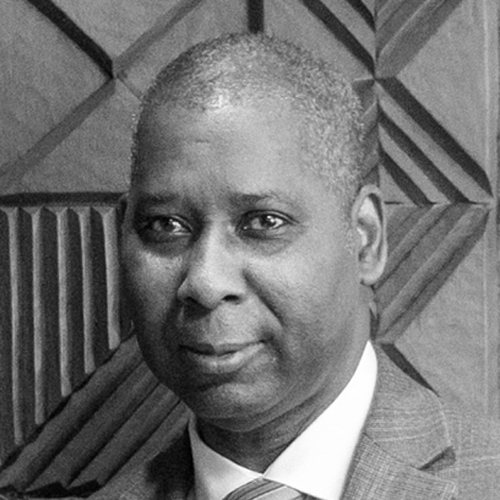Since the end of the Second World War and the dissolution of European empires, the nation-state has become the universalised and dominant form of political organisation and the primary holder of sovereignty. The dominance of the nation-state was reinforced as it came to be seen as the best vehicle for achieving economic development and modernisation, otherwise known as ‘nation building’. From this point forward, strategic outlooks have, in theory, been the exclusive purview of the state. However, as the world has become increasingly interdependent through regional trading blocs, military alliances, and international organisations, the sovereignty of the nation-state has increasingly been diluted. While the world has seen a resurgence of nationalism and the re-emergence of large-scale state intervention in the economy in the wake of the Covid-19 pandemic, the distribution of sovereignty within and between states has been fundamentally altered particularly as subnational actors, including mega-cities, continue to rise in economic and geopolitical importance, and in some cases, are set to overshadow their central governments. Moreover, the increasing power and influence of large multinational corporations, particularly in the technology sector, continue to challenge our state-centric notions of sovereignty.
Amid increasing interdependence and devolution of power, the nation-state, wedded as it is the notion of sovereignty and independence, is set to find it more and more difficult to navigate in an increasingly complex and diverse global power dynamic. This session will address the issue of sovereignty both today and for the future world while exploring how our understanding of sovereignty can be adapted to an ever- increasing interdependent world.
Discussion Themes
• How will nation-states look to address the increasing tension between traditional notions of sovereignty and global challenges? Does the future of state sovereignty necessarily involve giving up powers that have been the traditional purview of central governments?
• How will the rise of mega-cities and the concomitant calls for more local control affect how sovereignty is distributed? How will central governments account for this while forming their strategic outlooks?
• How will the continued growth of regional integration through the construction of regional institutions and economic agreements impact state sovereignty in the future?
• How might increasing distrust and economic competition limit the extent of sovereignty-sharing within regional blocs and international institutions?
• How do or should discussions around issues such as ‘digital sovereignty’ and ‘data sovereignty’ factor into strategic planning?



